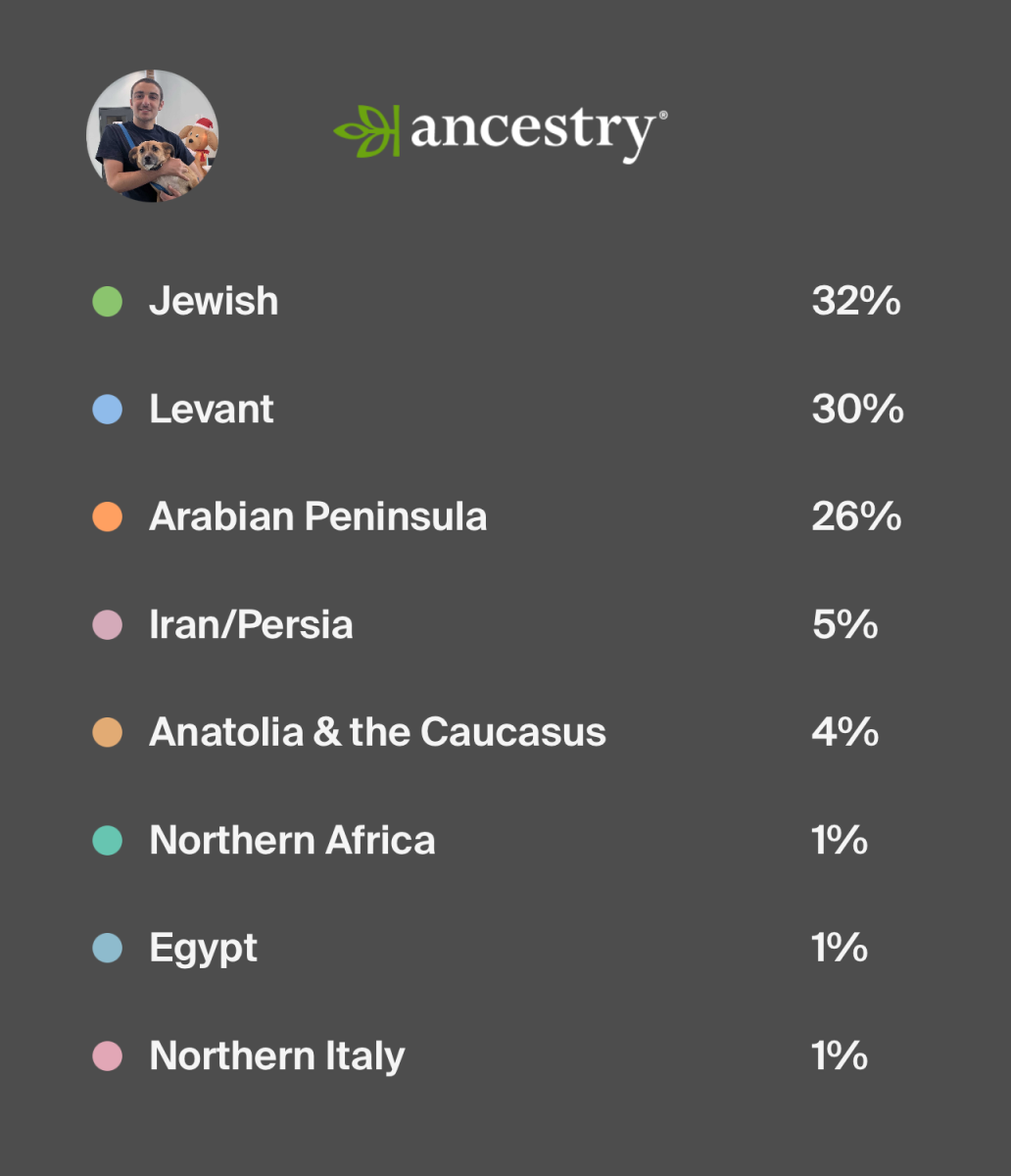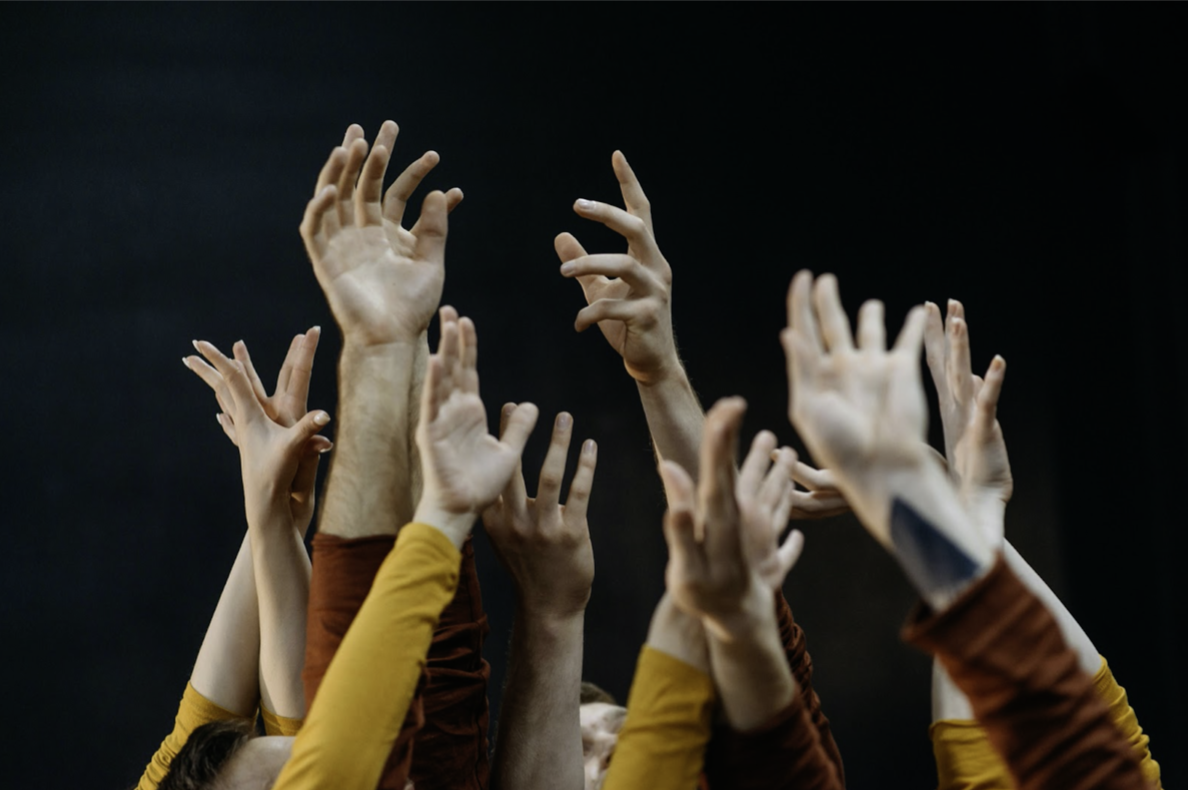
In the office of a Chico State contingency instructor, who prefers to remain anonymous, I crane my neck to avoid a jacket hanging from a coat hanger to my left. This office is so compact that the back of my head rests against the wall behind me, while my knees are pressed against the desk in front of me.
We have met today to discuss any plans by adjunct faculty to demonstrate for National Adjunct Walkout Day scheduled for Wednesday, February 25.
She shares the office with two other faculty members, all contingent staff. One desk, one bookshelf, no window.
“This is a closet,” I tease.
She nods agreeably, leans forward and responds, “You know, I’ve detached myself from worrying about that kind of stuff. I don’t even feel it anymore. It doesn’t bother me. What bothers me is the quality of the work I want to deliver to my students.”
This is the goal for many adjunct faculty members across the country that have watched as tuition has risen at exceptional levels while funding for instruction has dropped and administrative salaries have increased.
Yet, expectations for these part-time faculty members continue to grow.
With a relaxed tone, the professor illustrates her current workload. It’s substantial: she teaches five days a week, four courses, over 160 students total, with one class containing nearly one hundred first-year students.
Unfortunately, her situation is not unusual for an instructor of her level, rather just a specific example of the expanding reliance on part-time, non-tenure-track and contingent faculty employment within higher education.
This dependence on adjunct lecturers and other faculty comes from an ongoing attempt by the CSU system to emphasize efficiency. The only problem is that when you shoot for efficiency, you too often sacrifice effectiveness.
One of the ways schools are emphasizing that efficiency is through U-Courses, which merge a basic composition class with a required general education course, offering six units in one course. These courses are taught by contingent faculty, and often require two instructors and “student mentors” to get the job done.
Although, the professor points out that while the U-Course method might look good on paper, it falls short of satisfying the complete learning experience. And in turn, students are at risk of only receiving half of the instruction.
That means sacrificing quality instruction for students. This can be frustrating for everyone, but when a student considers that his or her tuition currently caps at $3,501, this situation should be cause for concern.
Especially when the staff that are burdened with these hefty workloads are part-time, and often drastically undercompensated and underappreciated.
Universities and colleges have chosen to the adjunct faculty model in an attempt to cut costs, but remain efficient. More underpaid, part-time workers means less well-paid full-time faculty on the payroll.
The group continues to grow. According to a report last year from the American Association of University Professors, 76.4 percent of U.S. faculties across all institutional types are adjunct professors.
And while their numbers continue to rise, their salaries do not. A crowdsourcing project called Adjunct Project has found that adjunct instructors make a paltry average of $2,987 per three-unit course taught. In rural areas, like Chico State, however, the average is closer to $1,800.
Although nowhere near compensated accordingly, contingent instructors may arguably be the most valuable and necessary members of the University system.
According to a study done at Northwestern University, students tend to actually learn more when taking classes from contingent instructors. Additionally, the study also points out that students predominantly appreciated the professors more than full-time faculty.
However, this increased workload causes professors to question their ability to effectively instruct students to their fullest potential.
A report conducted by the House Committee on Education and the Workforce Democratic Staff found that 98 percent of adjuncts who commented on the impact of their working conditions on their students felt that they were missing opportunities to better serve their students because of the demands on their schedule.
“I love my full time coworkers,” the instructor explains, “But when it comes to the big classes, they’re going to say, ‘I’m not going to teach that, I can’t be effective.’ So the administration passes it down on us.”
That leaves contingent faculty to carry the weight that full-time professors have the luxury to avoid. So why does Chico State continue to undervalue its contingent faculty members?
It is borderline exploitation. Limited job security combined with low pay display that Chico State seems to value its own gross income over 74.6 percent of its instructors, and in turn, your education.
I asked if she felt undervalued at Chico State. “Not by my students,” she answered, “But by the system? Yes. Sometimes, even, by my full-time colleagues. I’ve had one of my full-time colleagues say, ‘Well, it’s not like this is a real job.’”
You can make a difference by visiting the adjunct faculty table outside Glenn Hall on Wednesday, February 25 for National Adjunct Walkout Day.
Chances are, you are taking a course or two taught by a part-time instructor. If you value your education, it’s time to show your support.
Dylan de Wit can be reached at [email protected] or @DylanTdeWit on Twitter.













